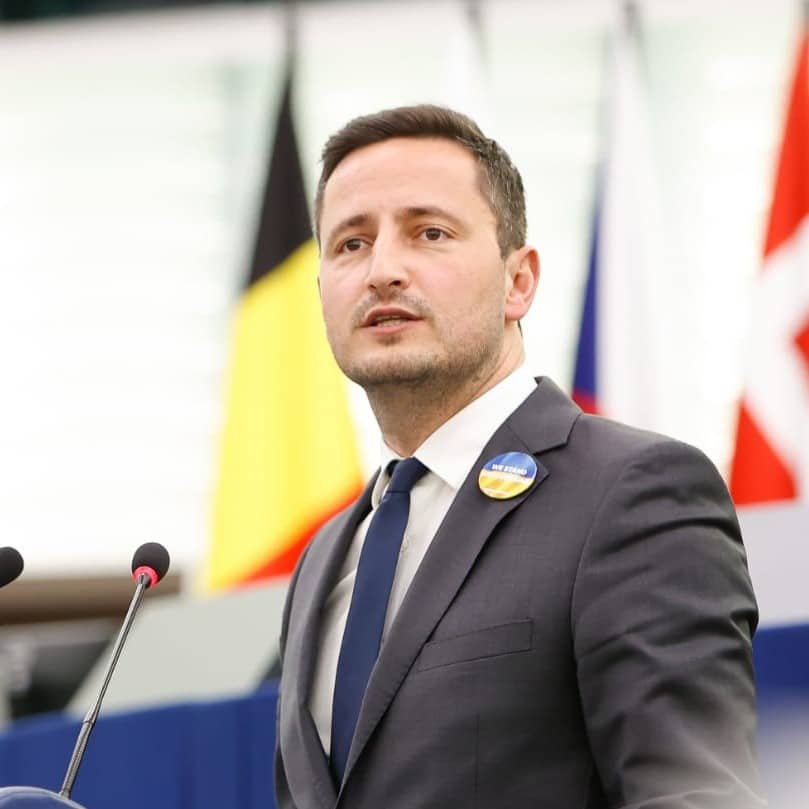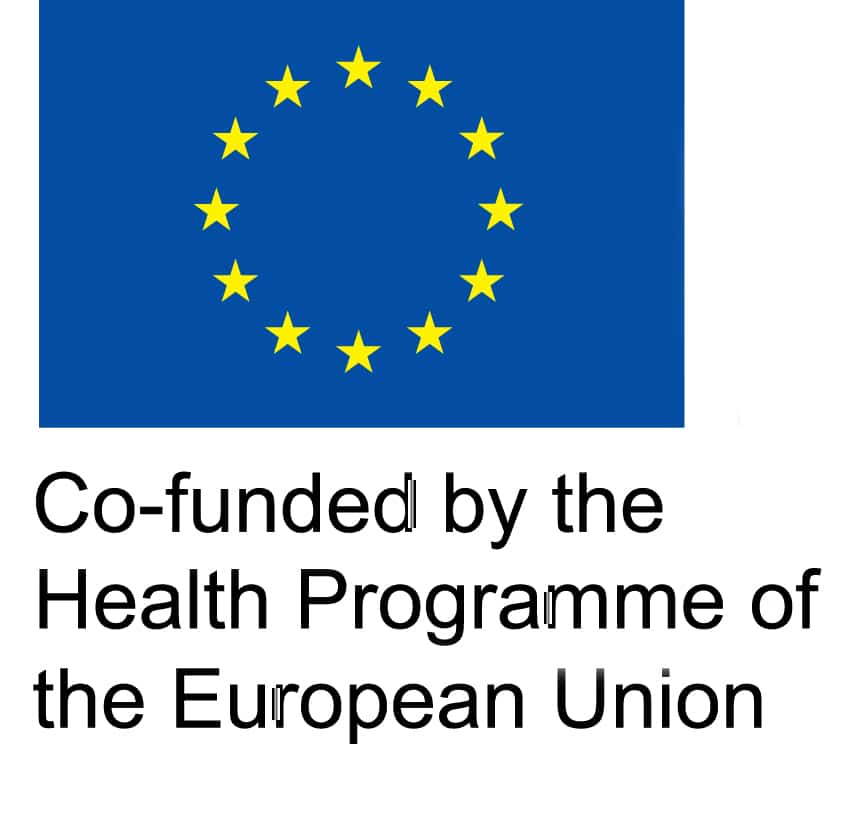Investigating the environmental dimensions of AMR
MEP Interest Group on AMR Annual Meeting
17 May 2022
15:00-17:30 CEST
Online
The environment is an important factor in the development, transmission, and spread of antimicrobial resistance (AMR) to humans, animals, and plants. In 2017, the UN Environment Programme recognised increasing AMR linked to the discharge of drugs and particular chemicals into the environment as a significant worrying health threat.
Households, hospitals, pharmaceutical plants, and farms are known hotspots for the discharge of antimicrobial compounds into water and soil. The EU has an important role to play in regulating these pollutants and their sources by implementing effective policies and actions within a ‘One Health’ approach.
A leading network of 18 MEPs committed to boosting actions to tackle AMR at EU level, the MEP Interest Group on AMR will convene virtually on 17 May to discuss how to curb antimicrobial pollution that is driving the development and spread of AMR, in particular in the context of the Pharmaceutical Strategy and the Zero-Pollution Action Plan.
Programme
Welcome Remarks

Nicolae Ștefănuță
Vice-Chair – MEP Interest Group on AMR

David Graham
Professor of Ecosystems Engineering – Newcastle University
Session 1 – A life-cycle approach to antimicrobial pollution
Antimicrobials can enter the environment throughout their life cycle. Whilst issues regarding inappropriate use and post-consumption waste from patients are well established, manufacturing pollution has also been identified as a growing concern, particularly in third countries exporting to Europe.
In the context of revising the EU general legislation on human medicines, this session aims to discuss solutions to enhance the environmental sustainability of the production, use, and disposal of antimicrobials, and strengthen their environmental risk assessment requirements to better mitigate AMR risks.
- What environmental regulatory options can be taken to limit antimicrobial discharge from manufacturing plants?
- How can oversight and responsibility be improved to increase transparency in manufacturing supply chains?
- What can the EU do to reinforce the ‘One Health’ approach to AMR and effectively address its environmental dimensions?
- How can environmental risk assessment requirements be strengthened to better tackle AMR?
- How can antimicrobial stewardship be promoted to reduce inappropriate antimicrobial use in the healthcare sector?
Confirmed speakers:

Sara Cerdas
Member – MEP Interest Group on AMR

Paschalia Koufokotsiou
Pharmaceutical and Health Policy Expert – European Commission

Darija Kuruc Poje
Director of Professional Development – EAHP & Head of Hospital Pharmacy – General Hospital ‘Dr. Tomislav Bardek’ in Croatia

Rhys Whomsley
Non Clinical and ERA Expert – European Medicines Agency (EMA)

Sian Williams
Senior Policy Adviser – Wellcome Trust
Moderated by Cristina Pricop – European Public Health Alliance (EPHA)
Session 2 – AMR in our waters
Freshwater habitats are vibrant ecosystems, home to a wide range of species and an important source of drinking water, but they are under increased pressure from human pollution such as pharmaceutical substances. Antimicrobial residues have notably been found in water bodies across Europe where they can drive resistance.
A combination of source-directed, use-orientated, and end-of-pipe measures is key to protecting the environment and improving health. As the European Commission is revising the lists of surface and groundwater pollutants and rules on urban wastewater treatment, this session provides an opportunity to reflect on necessary and cost-effective actions.
- What preventive measures can be taken to mitigate the risks of antimicrobials entering the environment?
- What are the current knowledge gaps in the assessment of AMR in surface waters?
- Are wastewater treatment upgrades the silver bullet to curbing antimicrobial pollution and who should bear the cost?
- How can the research and development of environmentally sustainable antimicrobials and alternatives be promoted?
- What needs to be done to ensure proper collection of antimicrobial household waste to curb inappropriate use and disposal?
Confirmed speakers:

Anders Finnson
Environmental Advisor – Swedish Water & Wastewater Association

Frithjof Laubinger
Environmental Economist – OECD Environment Directorate

Teresa Lettieri
Expert on AMR in the Environment – Joint Research Centre

Jessica Polfjärd
Member – MEP Interest Group on AMR
Moderated by Jean-Yves Stenuick – Health Care Without Harm (HCWH) Europe
Closing Remarks
Nicolae Ștefănuță, Vice-Chair – MEP Interest Group on AMR
About the MEP Interest Group on Antimicrobial Resistance
Contact
The Secretariat of the Interest Group is co-hosted by the European Public Health Alliance (EPHA) and Health Care Without Harm (HCWH) Europe, supported by the AMR Stakeholder Network.
Cristina Pricop
Junior Policy Manager for Global Public Health
European Public Health Alliance
cristina.pricop@epha.org
Jean-Yves Stenuick
Safer Pharma Programme Manager
Health Care Without Harm (HCWH) Europe
jean-yves.stenuick@hcwh.org

The European Public Health Alliance has received funding under an operating grant from the European Union’s EU4Health Programme (2021-2027). The content of this page represents the views of the author only and is his/her sole responsibility; it cannot be considered to reflect the views of the European Commission and/or the European Health and Digital Executive Agency (HaDEA) or any other body of the European Union. The European Commission and the Agency do not accept any responsibility for use that may be made of the information it contains.

HCWH Europe gratefully acknowledges the financial support of the European Commission (EC)’s LIFE programme. HCWH Europe is solely responsible for its content and related materials. The views expressed do not reflect the official views of the European Commission.
Get the EPHA Newsletter
The best of our activities, right in your inbox!
